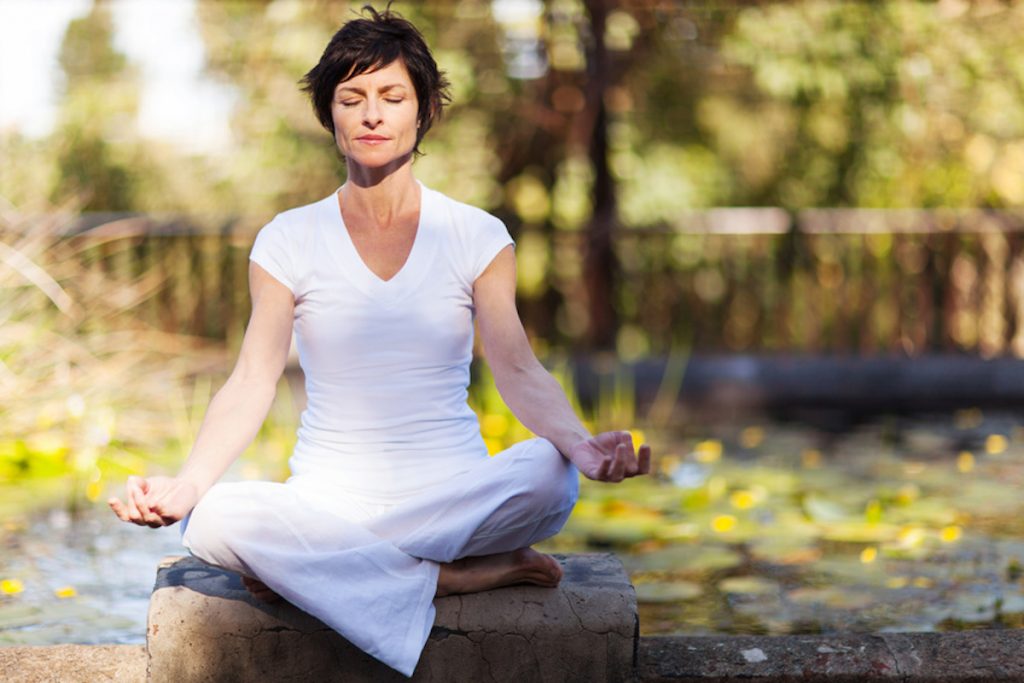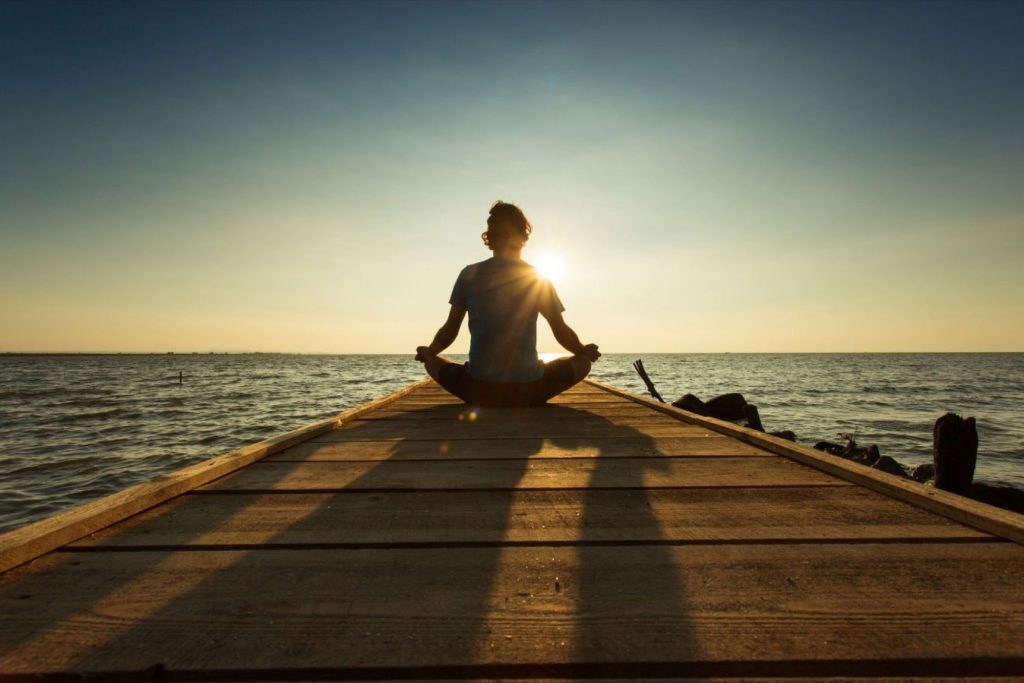
The benefits of meditation are something that, in recent years, have become very well known. From managing anxiety to increasing our levels of productivity, there are scores of reasons why we may want to make meditation a daily habit. Beeja meditation is an effortless technique that can seamlessly fit into modern life, but there are times when we experience difficulty meditating and making this amazing practice part of our day.
As meditation teachers, at Will Williams Meditation we’ve either experienced personally or witnessed through our students pretty much every stumbling block to meditation there is. Sometimes even the best of intentions can’t stop us from falling off the meditation wagon, and you may have found that despite your sincere desire to practice meditation it’s been days, weeks or months since you last meditated.
There are various reasons why this might be. This guide is here to take you through the most barriers to meditation and help you to overcome any difficulty meditating that you may be experiencing.
Falling Asleep During Meditation
Everyone’s done it – you sit down somewhere comfy for a meditation session and before you know where you are, you’ve drifted off. Not every meditation is going to be an amazing, transcendent experience (although each one is important) and sometimes reaching for that lovely space between focus and relaxation can be pretty soporific!
Finding yourself snoring in your favourite meditation spot isn’t anything to worry about on the odd occasion, but you may have found that snoozing when you want to meditate has become a big barrier between you and your practice. A few practical tips to keep yourself firmly away from the land of nod are:
- Get some fresh air: Now, this isn’t to say you should meditate in Arctic conditions (you will want to stay comfortable), but opening a window or heading outside to meditate so you are just on the other side of “sleepily warm” can be a big help in keeping you alert.
- Mix up your routine: We think, generally speaking, that meditating at the beginning of the day is a good idea. However, if you get out of bed, sit down to meditate and immediately doze off, there’s no reason not to mix it up a bit. You might be too sleepy at the beginning or end of the day to meditate effectively, so meditate in your lunch break and before cooking dinner instead – anytime when you feel at your most awake. It’s also a good idea to avoid meditating immediately after a big meal, as the energy expended in digestion can make us feel sluggish.
- Don’t get too comfy: One of the most wonderful things about Beeja meditation is that it doesn’t require any special poses or physical discomfort – something which some meditation techniques rely on. But if you are falling asleep with bothersome regularity, you might want to take a look at your favourite meditation spots, and make sure they are as unconnected to your “sleep spaces” as possible. This may mean eschewing blankets and your squishiest armchair, but there are plenty of ways to be comfortable in meditation without the danger of getting that bit too comfortable.
If you’ve tried all of the above and are still falling asleep during lots of meditation sessions, you may want to assess what it might be that is making you so tired. Meditation can help amazingly with sleep and energy levels, but if you are chronically overworked or living with an underlying health issue you may still struggle with fatigue and find it difficult to meditate (and therefore feel the benefits) until you address the problem.
Struggling With Feelings of Frustration
Beeja meditation is, in our opinion, the most effortless form of meditation. You simply repeat your mantra, and when your attention wanders, gently redirect to your mantra once more. You really can’t go wrong! However, it is possible to get yourself in a bit of a rut if you start beating yourself up for not meditating “properly”, becoming frustrated with the chattering thoughts that, really, are natural and unavoidable.
Putting yourself under too much pressure can make meditation an exacerbating experience, especially if you have lots of expectations for yourself and are rushing to feel the benefits. For instance, if you want to start meditating to offset working an extra couple of hours every day, you may become annoyed with yourself for not becoming instantly more productive and begin battling your mind rather than relaxing naturally into a meditative state.
In Beeja meditation, you just need to let the mantra – effortlessly – do it’s work. The key thing is to make sure you don’t start labelling your own wandering attention as the enemy and pour lots of mental energy into suppressing your thoughts. This can make meditation unenjoyable, becoming less about “flow” and more about “fight”, and sitting down to meditate with goals in mind can be a barrier to actually achieving them.
Experiencing Discomfort – Both Physically and Mentally
The things we experience when we go into a meditative state aren’t necessarily going to be pleasant. Meditation brings us to the very root of our beings in an extremely powerful way, and it helps us untangle a lifetime of stresses, hurts and even psychological trauma. As Brigid Moss reports in The Pool, this isn’t always going to be easy. While many of our meditation experiences will be beautiful and dreamy, and a few rather unremarkable, we are sometimes going to encounter long-buried emotional wounds.
This is all part of the process and ultimately extremely healing, allowing us to break free from unconscious patterns determined by fears and bad memories. However, it can also be off-putting for some people, especially if they are reluctant to seek out guidance and discuss their experiences. Another discomfort some meditators report are aches and pains during meditation, which are distracting and annoying – but generally short-lived.
To understand more about the psychological disquiet we might face when working through the traumas which are encoded deeply in our nervous system, we recommend reading Will William’s The Effortless Mind, which explores the science and psychology this phenomenon. But in the meantime, letting yourself meditate through these experiences will be a major step towards moving on from them, and if you learnt with us, you can get in touch with our teachers at any time for advice and support.
Final thoughts
These are, in our opinion, some of the major stumbling blocks to meditation, and if you get through these niggles it’s likely your meditation practice will last a lifetime!
However, there is one influencing factor which perhaps trumps them all when it comes to making meditation part of our day – and that is feeling as though we lack the necessary time. This is something we thought warrants a blog post of its own, so watch this space to find out more!

The Benefits of Beeja Meditation
- Reduce stress and anxiety
- Greater clarity and calm
- Increase focus
- Enhance relationships
- Sleep better
- Feel energised



